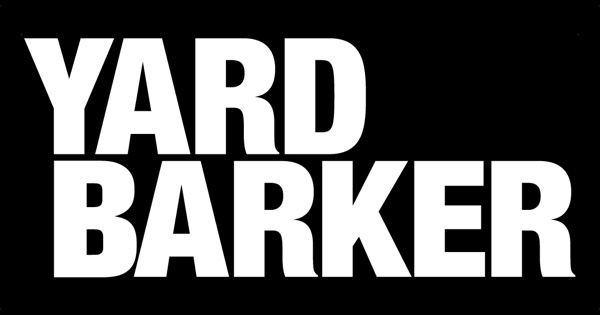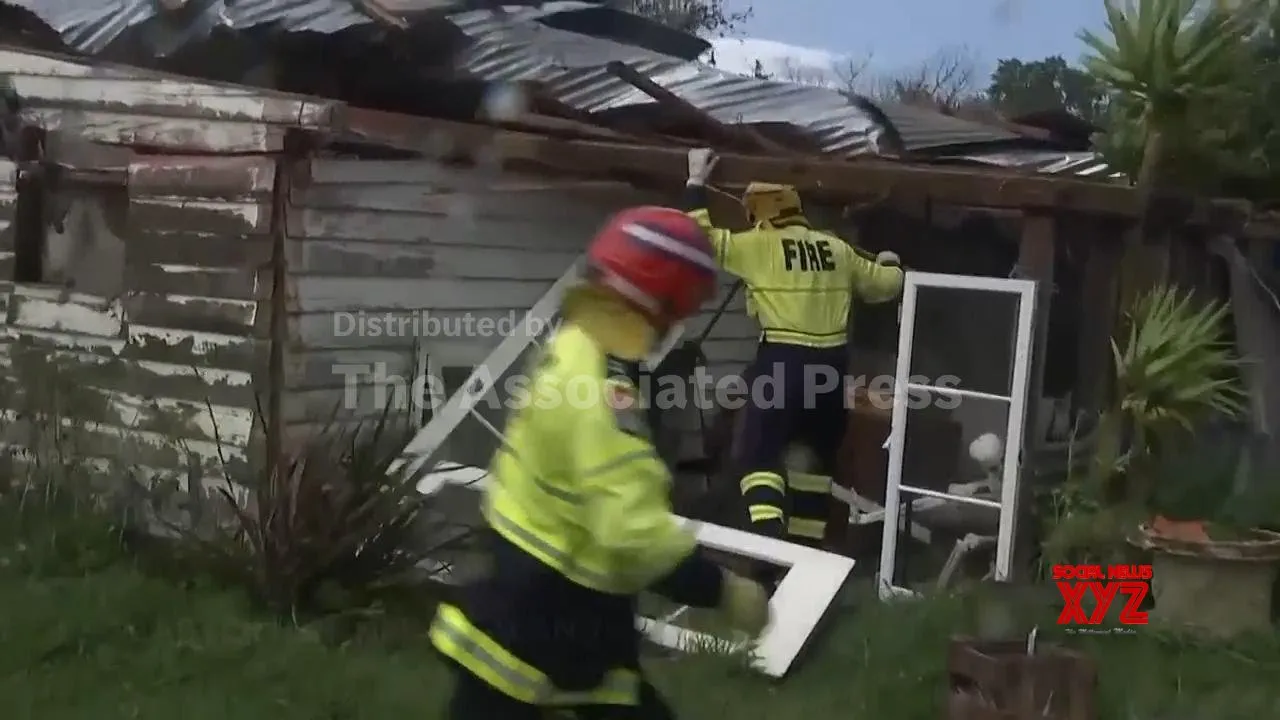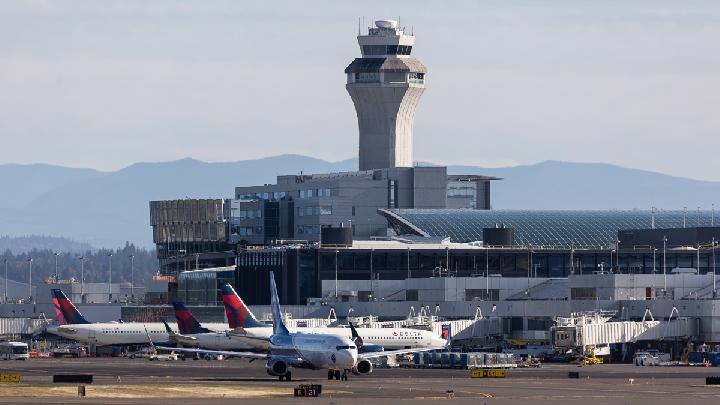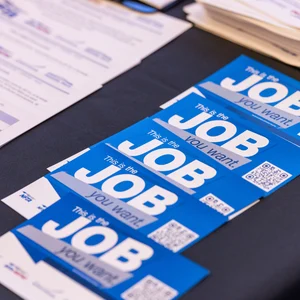Copyright euroweeklynews
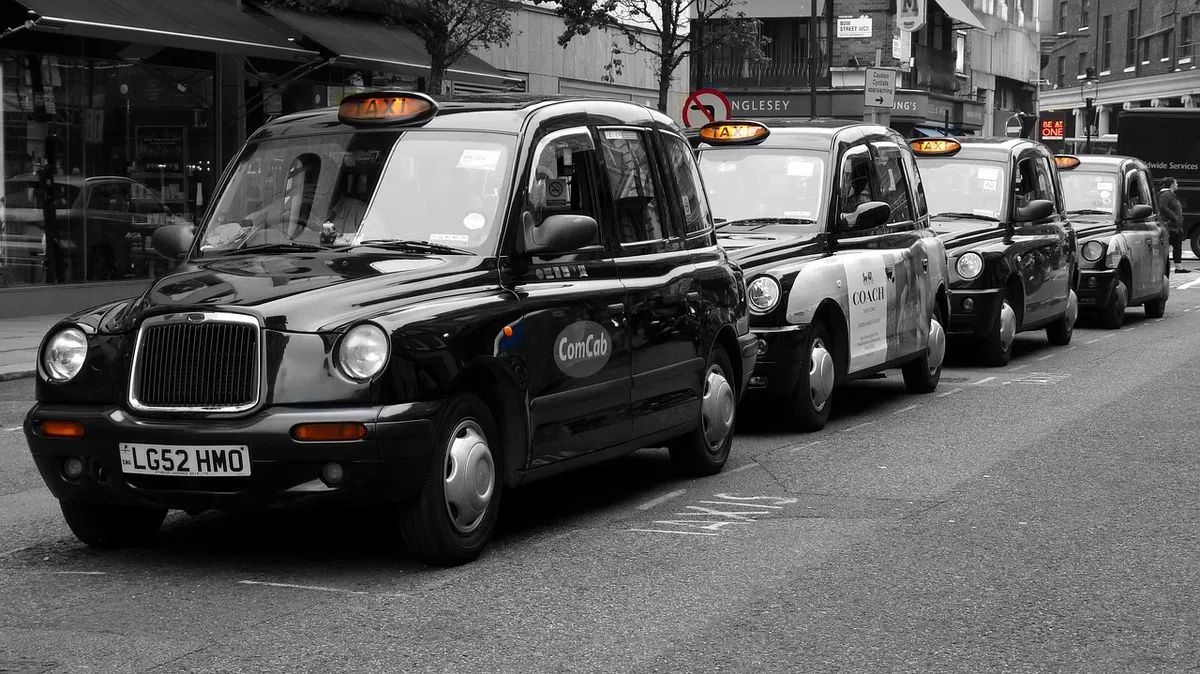
A proposed new tax on taxi and private-hire journeys in the UK has sparked growing concern over the safety of women travelling alone. The plan, opposed by trade union GMB, is expected to push up fares and reduce access to safe transport, at a time when many women already report feeling unsafe travelling at night. Background to the plan The government is reportedly preparing to apply a 20 per cent VAT to journeys in private hire vehicles (PHVs) and minicabs. Industry estimates suggest the change could generate around £750 million a year in revenue. The move follows a change in how PHV operators are classified for tax purposes, meaning services previously exempt could now be subject to VAT. The industry body representing PHV firms said that “a 20 per cent VAT on PHV journeys” would “hit working people hardest.” Operators and campaigners warn the tax will raise costs for drivers, increase fares, and reduce the availability of safe, late-night transport, particularly for those most vulnerable. What experts say Industry groups insist the measure is far more than a minor price change. The campaign “Stop the Taxi Tax” argues that higher fares will deter many from using taxis, especially at night, undermining progress on access to safe travel. Analysts estimate fares could rise by around 2.5 per cent on average, with rural and night-time passengers likely to be worst affected as they rely heavily on taxis when public transport is scarce. Safety fears for women Women’s safety groups have made this the centre of their criticism. They warn that increasing the cost of taxis and PHVs at a time when many women already feel unsafe is dangerous. Research by Plan International UK found that 62 per cent of girls and young women aged 14 to 21 use taxis at least once a month for safety reasons, spending around £44 a month to avoid walking or taking public transport at night. Figures from the Office for National Statistics show that 58 per cent of women aged 16 to 34 felt “very or fairly unsafe” using public transport alone after dark. Critics say the new tax risks pricing women out of what they see as the safest option. One charity said that if fares rise, women could face the choice of walking or waiting for riskier transport options. In rural and suburban areas, late-night alternatives are often limited, leaving women feeling even more vulnerable. The union’s view The GMB union says the taxi tax will make safe travel unaffordable and that this is not just a business issue but a public safety concern. It argues that women who depend on PHVs to get home after work or social events could be placed at greater risk. Why it matters now The proposal comes at a time when women’s sense of safety in public spaces remains fragile. Surveys show that half of women feel unsafe walking alone after dark and often avoid certain areas or travel modes. Campaigners fear the tax could undo recent progress on women’s mobility and disproportionately affect younger and low-income women, particularly in areas with poor transport links. The so-called taxi tax is about more than fares. It raises urgent questions about how cost, safety and access intersect, especially for women who already plan their journeys with personal safety in mind. Unless measures are introduced to offset its impact, critics say the tax could make safe travel harder to afford, not easier. The government now faces a key decision: go ahead with a measure that may limit women’s travel options or reconsider it in light of safety and equality concerns.
